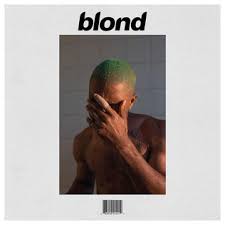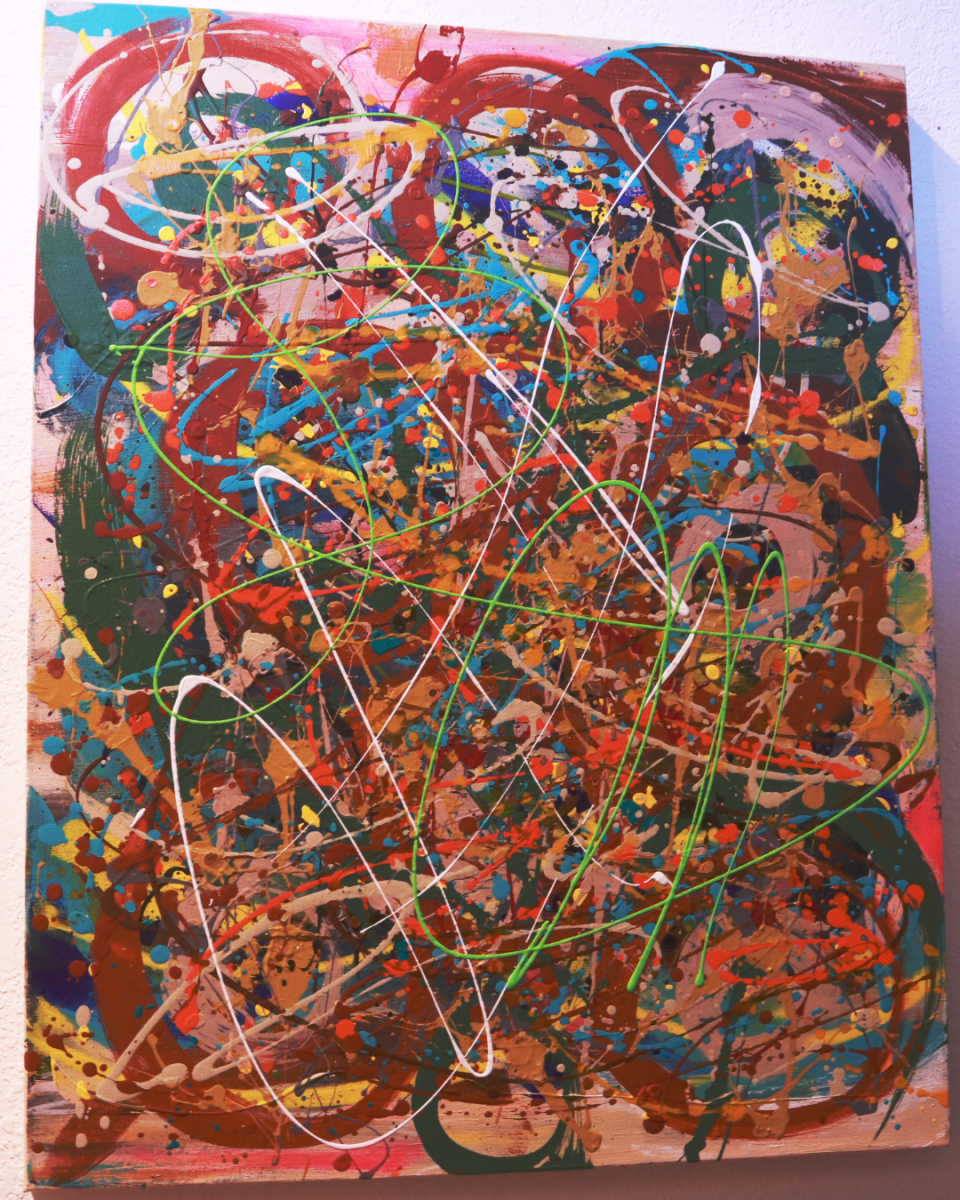
The album Blonde by Frank Ocean, isn’t just an album: it’s a deep dive into emotions, love, and identity. Released in 2016 with almost no promotion, Frank quietly dropped his heart into the world for us to explore.
From the first track, you feel the intimacy. There’s no rush or grand statement, just raw emotion wrapped in simple, atmospheric production. Blonde isn’t flashy, but that’s what makes it hit even harder. Tracks like “Ivy” and “Self Control” are carried by Frank’s fresh vocals, sometimes almost whispering, over delicate guitar riffs and soft synths. It’s as if he’s letting you into a late-night conversation, where every pause and breath means something.
What’s powerful about Blonde is how it captures the messy, complicated nature of love, identity, and self discovery. Frank doesn’t offer easy answers, he simply shows you the emotions as if they are unfiltered. In Nights, you can feel the shift in both music and story, as he transitions from light, carefree memories to heavier, darker reflections. It’s like flipping from daylight to dusk in a single track. Then there’s “Seigfried,” a song so deep in thought, it almost feels like you’re sitting inside his head, questioning life alongside him.
The lack of traditional song structure is what makes Blonde so intriguing. Many of the songs feel like they exist in their own world, where they don’t need to fit to Pop or R&B standards. Frank abandons the typical verse-chorus-verse format and instead gives us fluid, evolving soundscapes. Take White Ferrari, a song that feels like a memory. It’s dreamy, stripped down, and intimate, with Frank’s soft voice flowing over minimal instrumentation. It almost doesn’t feel like a song, it feels like a quiet thought drifting by, just as fading and just as beautiful.
One of the album’s most striking qualities is its emotional honesty. Frank doesn’t just talk about love, he digs into the complexities of relationships, desire, and identity with a raw vulnerability that only few artists achieve. He’s not afraid to be vulnerable and communicate about his own struggles with love and self acceptance. You hear it in the way his voice cracks, the way he lets the music breathe. In Blonde, there’s no rush to a conclusion, just the messy, beautiful process of working through feelings. Tracks like Self Control and Godspeed are heavy with that sense of bittersweet reflection, where the pain of letting go and the beauty of moving on collide.
Blonde doesn’t just give you a soundtrack for heartbreak, it’s also an album about growth. In Futura Free the final track, Frank reflects on his journey, from being a kid with dreams to becoming an artist finding his way. There’s a sense of freedom in this song, a feeling of coming full circle, but still with so many questions unanswered. Maybe that’s the point of Blonde. It doesn’t try to give you a neat ending or tie things up, it leaves you with the same uncertainties and emotions Frank seems to be wrestling with.
This album sticks with you because it’s real. Frank doesn’t spell everything out, you just have to listen, let it sink in, and then listen again. The more time you spend listening to Blonde, the more it reveals. It’s a slow burn, but once it clicks, it feels like something you carry with you. In a world where albums come and go, Blonde remains a timeless, emotional journey that continues to resonate deeply with listeners long after the last song fades.






















